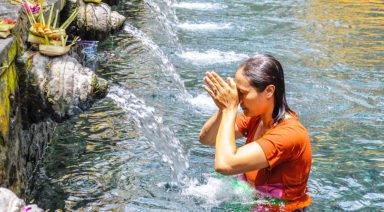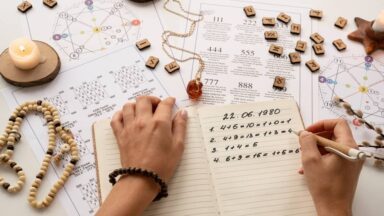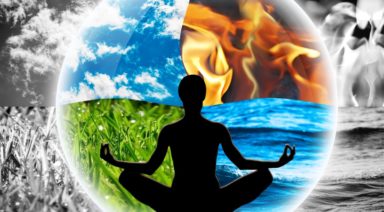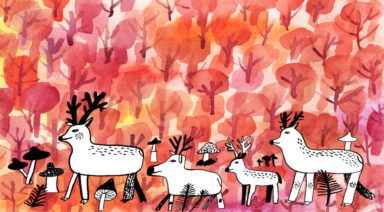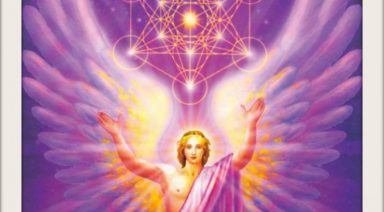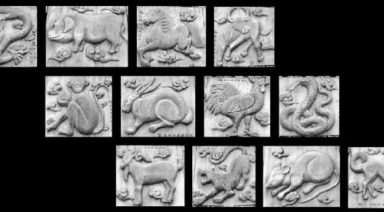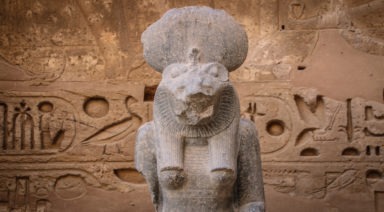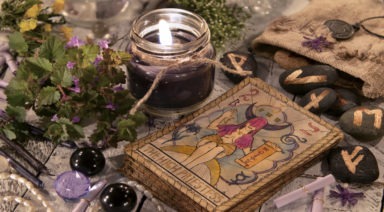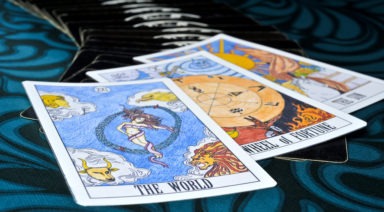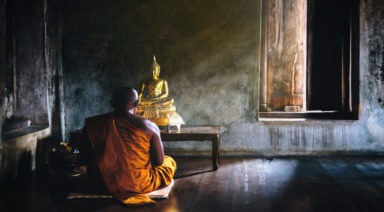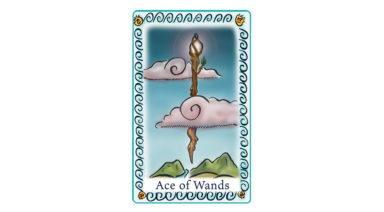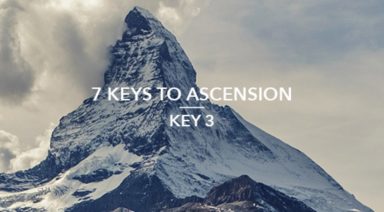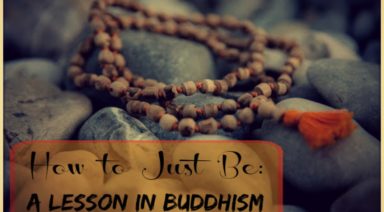How to Explore Other Cultures
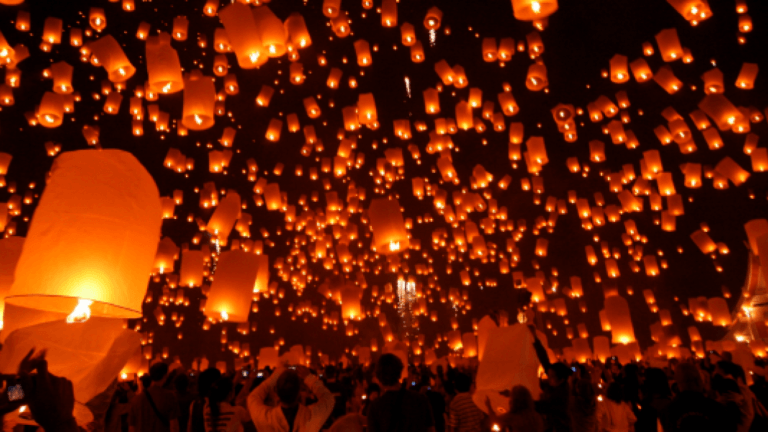
Culture is an interesting word. It has many meanings and everybody has a unique way of defining it. Good yogurt has culture. Our throats can be cultured. Some people are said to be cultured, while others are said to have no culture at all. There are subcultures within cultures and when I was a young man, we had a counterculture, not to mention a Culture Club in the 80s.
I consider culture to be a subset of society. The word society leads us to an ambiguous realm, as there can be secret societies, social societies, gentlemen’s societies, lady’s societies, but as much as I’d love to dwell upon societies at length, I believe I’ll move on. I’ll stay long enough to propose that a society is like a huge umbrella over all of us. Every society has its own culture. Cultures operate within societies, like smaller umbrellas. They’re something we’re all under the influence of, in one form or another. It’s the cultures within cultures that influence us more than anything. Certainly, the over-culture is above and influences everyone within it.
Yet, there are thousands of subcultures underneath the over-culture and each one has a unique set of ideals, values and ways of dealing with the world.
Know Where You Come From
One of the greatest mistakes that any of us can make is to not pay attention to the culture that we’re influenced by, and then make a specific choice as to whether or not to stay in, or leave that culture.
Cultural diversity is here to stay and those who can’t, or won’t, tolerate its presence are going to be left behind. There are cities in the world with neighborhoods that reflect massive cultural diversity. Each of these neighborhoods has a culture all its own, often influenced by other cultures encountered along the way. All show the effects of the larger cultural umbrellas and the main influence of society.
Each family is ultimately connected culturally to the city in which it lives. The neighborhood culture is next and then the individual makeup of each family, dependent upon their education and political beliefs.
Some might say that it starts with the familial culture, but I’ve met people with similar ethnic cultures from different cities, and although they share traits, they also reflect specific differences from their environments. Sometimes cultural exchanges can bring turmoil and civil unrest, but for the most part, it leads to a melding of cultural ideals and strengthens everyone.
I was lucky to have a multicultural childhood. I grew up in the United States, watching Leave It to Beaver and other shows of the time. The cultural impact of Captain Kangaroo, or Howdy Doody, was specifically designed to influence the minds of youth to conform to a specific cultural ideal. The Egyptian culture of my parents affected me. We ate Egyptian food, listened to Egyptian music (I much preferred The Beach Boys), had Egyptian acquaintances, and I often got chewed out in Arabic. In turn, my parents were greatly influenced by American culture, but not as much as I. My father was an academic, so I was exposed to university culture and all that it entailed. On top of that, we lived in an agrarian town, surrounded by cowboys, ranchers and farmers; a completely different culture than if I’d lived in an urban setting. It’s no wonder I’m so strange.
Whether we know it or not, each one of us is influenced by the cultural impact of our family, our friends, our antagonists, our teachers, the towns we live in, the states those towns are in, and so on.
When 1967 erupted on the world, I discovered the first culture that made complete sense to me. Culturally, I became a Hippie. I was too young to officially join the movement, but the culture was deeply ingrained within me and it led me on many interesting paths, while allowing me to investigate my obsession with metaphysics and spirituality. Hippie culture embraced diversity and spiritual growth, at least in theory. It was such an amalgam of different people from all over the world that it was bound to become confused and diluted, but it was indelible to some. There is no doubt in my mind that without that specific influence, our culture today would be quite different.
Know Thyself
At the entrance to the ancient Oracle of Delphi, a motto advised all seekers of truth to, “Know Thyself.” It’s an excellent concept, but how can we possibly get to know ourselves if we don’t know what has influenced us throughout the course of our lives and what is currently guiding our thoughts, words, and actions? If we become culturally conscious and make an attempt to understand how we are being influenced and by whom, we can know ourselves better and find a path to happiness and personal growth without having to fight the unseen forces that may have been influencing us for years.
Think of the differences between the cultures of Facebook and Twitter. Most young teens wouldn’t be caught on either. I don’t claim to know anything about social media, but it doesn’t take much to see that although different platforms have certain things in common, each one is culturally diverse and seems to have a different demographic. Where do you fit in? Can you afford not to know what culture is doing to you?
Here are some ideas for becoming culturally more aware and deciding under which umbrella you wish to stand.
Investigate Other Cultures
Did you know that the nation of Bhutan has a Minister Of Happiness? Bhutan considers happiness to be amongst the most vital blessings of life and considers the personal bliss and joy of every citizen to be of the utmost importance and the government’s duty to help to ensure it. It can’t hurt to look into their culture to see what they believe, why they believe it and do they pull it off? If you find that there is merit within their cultural ideals, who’s to say that you can’t emulate or adopt some of their principles? You don’t have to move to Bhutan in order to connect to the cultural ideal of happiness as a right and the state’s duty to provide it. All you have to do is investigate it, contemplate and then implement the strongest points for yourself. It’s not only doable, but it seems counterproductive not to give it a try. You certainly have nothing to lose.
While you’re at it, look into the cultural thoughts of certain subcultures that exist within our society. This doesn’t mean you have to join a secret society or two, as almost anything you want to find out about a group is available on the mighty Internet. Try not to buy into conspiracy theories, as they often hide the truth behind fear. Once again, this isn’t about joining any particular group. The idea is to seek out beliefs in subcultures in order to see if there are any good ideas you’d like to incorporate, or horrible ideas that need to be avoided.
Invest in Self-Evaluation
Trying to discover who we are must include an honest and unfettered investigation into exactly what we believe and why we do so. This unflinching journey into the self can be terrifying, disappointing and embarrassing, but can also be exhilarating, reaffirming, surprisingly refreshing and joyous. The key is to search for the truth and not to be daunted by what is revealed. Discovering that a negative, obsolete cultural ideal is still a part of your psyche, can lead to escaping a stifling way of thinking.
Investigate the Cultural Impacts Of Holy And Religious Doctrines
Religion is often a source of great divisiveness in our world. Much of this disagreement comes from factional divisions. These influences separate people who should be united, but aren’t. By looking into a religion itself, and not the rhetoric attached to it, you may find aspects of a belief system that can be incorporated into your world, without having to actually join or believe in any specific point of view. You are intelligent and intuitive. Allow your intellect and intuition to guide you into what works and what doesn’t. Don’t be afraid of books and philosophies. At the same time, don’t be afraid to reject and walk away from ideas. You may be surprised to find out that specific doctrines have been carefully woven into your psyche and that unraveling that tapestry of cultural indoctrination may not be as easy as you might think, but it may be the best thing for you to do.
The key is to be brave and stay connected to your truth.
Decide Whom You Want to Be and What You Want to Culturally Represent
Decide on an ideal for yourself. This may seem a wee bit lofty, but I can assure you that knowing what you’d like to be is the only way that you can actually begin progressing toward becoming that person. Ask yourself serious questions. Do you feel that you reflect a civil society? Do you try to think good thoughts about others, even when the culture around you says otherwise? Are you prone to following fads, or do you tend to think for yourself, even though the fads can be tempting? Are you kind to people? Are you kind to yourself? Even though we live in a culture that seems dominated by greedy business models, questioning others intelligence, blatant hucksterism and rampant populism, are you able to make your own way without having to succumb to overriding attitudes that surround you? Are you willing to investigate and accept cultural influences from diverse and sometimes contradictory sources to see whether or not they fit you?
Embracing the concept of a personal culture, one that is designed specifically for you, but can also reside within a larger paradigm, is the essence of freedom and happiness. You don’t have to live in Paris to embrace French culture, you can do so in Cedar Rapids, Iowa. T
The key is to investigate with an open mind and heart and never forget that your life belongs to you.
You have the ability to do everything in your power to make this incarnation as wonderful and joyous as is humanly possible. Embrace your culture, whatever it may be, and live a happy life, whatever culture you may find yourself in.
Until next time, I wish you all peace and love.
Water Rituals to Spiritually Connect with the Sacred Element
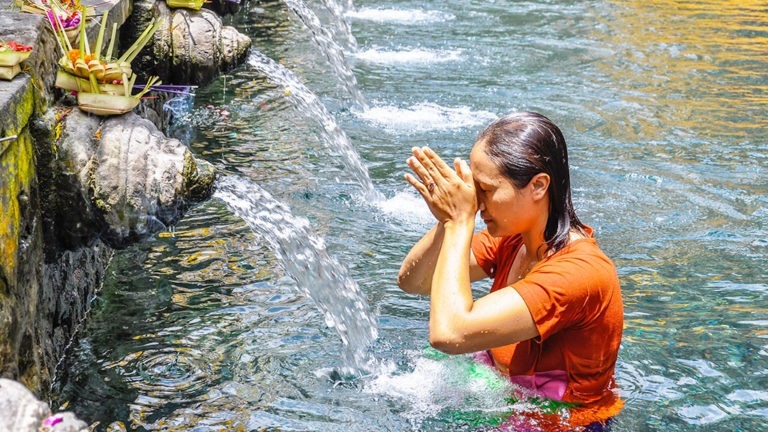
Water is a life-giving element with profound importance, recognized and celebrated across cultures. It’s not only essential for survival but also revered for its spiritual significance, offering renewal, purification, and connection to the divine. When we connect deeply with the element of water, we honor its role as a giver of life and develop a greater sense of well-being and appreciation. This connection can help us foster respect for this sacred element while enhancing our personal sense of balance and vitality.
Spiritual Meaning of Water Across Traditions
Water’s symbolism—representing renewal, fertility, purification, and transformation—holds significant spiritual meaning across religions. In Christianity, for instance, baptism with water signifies purification and acceptance into the faith, echoing stories of Jesus and the cleansing power of holy water. Similarly, in Greek traditions, water is seen as a bridge to the divine, used in offerings to gods of the sea and rivers.
Religious practices worldwide incorporate water as a tool for blessing, connection, and spiritual awakening. In Islam, daily ablutions (wudu) cleanse the body in preparation for prayer, aligning one’s spirit with sacred intentions. Hinduism reveres sacred rivers like the Ganges, believed to have powerful spiritual properties that cleanse impurities and aid in liberation from the cycle of rebirth, or Moksha. These rituals underscore water’s spiritual role in supporting life and guiding transformation.
Purification through Water
Ritual cleansing practices, or ablutions, are foundational in many faiths. In Judaism, the mikveh—a bath used for full-body immersion—restores ritual purity, while netilat yadayim involves washing hands upon rising and before meals. In Christianity, baptism serves as a purification act, welcoming individuals into the church through holy water. Similarly, Hindu rituals encourage bathing in sacred waters, which cleanse spiritual impurities and connect devotees to the divine.
Across cultures, holy sites near rivers, springs, and other water sources invite pilgrims to partake in this purifying element. In Bali’s Agama Tirtha, or “religion of the holy water,” devotees seek purification and blessings at temples with flowing holy water, such as Tirta Empul. Here, worshippers immerse themselves to wash away impurities and connect with the sacred.
Infusion of Blessings
The idea that water holds “memory” has resonated in spiritual traditions. The Japanese researcher Masaru Emoto suggested that positive thoughts and blessings could alter the molecular structure of water, enhancing its vitality. This notion aligns with practices in Bali, where priests bless water through mudra (sacred gestures) and mantra (sacred sound) to imbue it with divine energy. Similarly, Christian ministers may sanctify water for sacramental and protective purposes, showing how different faiths infuse water with blessings.



